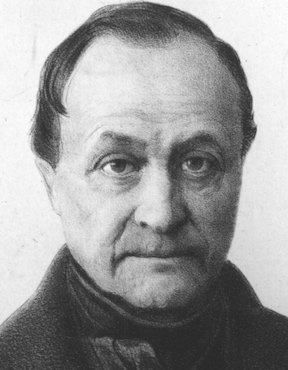On this date in 1798, Auguste Comte, the founder of positivism and generally considered the father of sociology, was born in Montpellier, France. A mathematical prodigy, he rejected belief in God by age 14. He gave a series of lectures on positive philosophy in 1826, which were eventually published. Positivism is defined as a theory stating that certain (“positive”) knowledge is based on natural phenomena and their properties and relations. Thus, information derived from sensory experience, interpreted through reason and logic, is the source of much knowledge.
He married Caroline Massin in 1825. “The Course of Positive Philosophy” (“Cours de Philosophie Positive”) was a series of texts he wrote between 1830 and 1842. The works were translated into English by Harriet Martineau and abridged to form The Positive Philosophy of Auguste Comte, published in 1853. He was a close friend of John Stuart Mill.
In the 1840s he developed Religion de l’Humanité (Religion of Humanity) for positivists to fulfill the cohesive function once held by traditional worship. His ideas contributed to the rise of ethical culture societies and secular humanism. He died of stomach cancer in Paris at age 59. (D. 1857)


